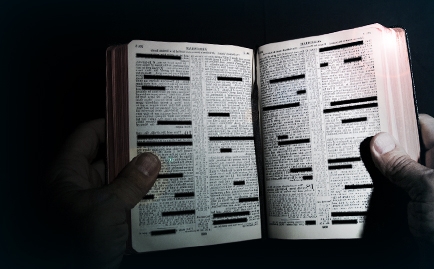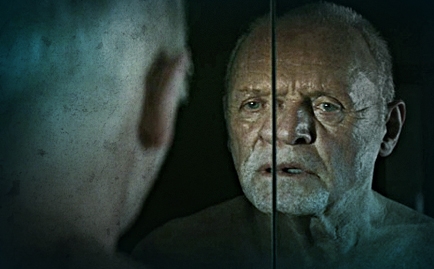
"I reckon I got to light out for the Territory ahead of the rest, because Aunt Sally she’s going to adopt me and sivilize me, and I can’t stand it. I been there before." —Adventures of Huckleberry Finn
Mark Twain is just about my favorite author of all time, and Adventures of Huckleberry Finn is one of my favorite books. I loved it the first time I read it. I loved it the second time I read it. And now just thinking about Huck and Jim floating down the muddy Mississippi makes me want to dig my dusty copy out of my parents’ basement and start it all over again.
I also love the Constitution—not nearly as much as Huck Finn, of course, but seeing as how I owe most of my basic civil liberties to this document, I suppose I love it in an indirect, subconscious sort of way. I’ve read it almost as many times.
So of course I was all up in arms when I found out that a bunch of publishers and politicians tried to “civilize” these documents by taking out the parts they didn’t like—the n-word from a new edition of Huck Finn and those embarrassing sections about slaves counting as three-fifths of a person in Congress’ reading of the Constitution.
“Like it or not, this is a part of our history,” I fumed.
“If we aren’t confronted by our past moral failings, how will we avoid future ones?” I demanded.
“To love a piece of literature is to accept the tough parts and wrestle with them,” I declared.
My husband hummed and nodded politely through my little spouts of righteous indignation, which went on for about three days until last Sunday afternoon when I was putting together some readings for church and decided I wanted to include Psalm 9.
The psalm started out well enough:
I will give thanks to you, LORD, with all my heart;
I will tell of all your wonderful deeds.
I will be glad and rejoice in you;
I will sing the praises of your name, O Most High.
But then it took a violent turn:
My enemies turn back; they stumble and perish before you.
For you have upheld my right and my cause, sitting enthroned as the righteous judge.
You have rebuked the nations and destroyed the wicked;
you have blotted out their name forever and ever.
Endless ruin has overtaken my enemies,
you have uprooted their cities; even the memory of them has perished.
Before returning to a happier refrain:
The LORD reigns forever;
he has established his throne for judgment.
He rules the world in righteousness and judges the peoples with equity.
The LORD is a refuge for the oppressed,
a stronghold in times of trouble.
Those who know your name trust in you,
for you, LORD, have never forsaken those who seek you.
Verses 4-6 didn’t sound very Christlike to me, so I whipped out that most venerated weapon in the Bible-reader’s arsenal—the ellipses—and with the precision of an expert, surgically removed them. Our reading was tidy and consistent and comfortable again. No one would even notice those three little dots.
It took about 17 seconds for the irony of the situation to settle in.
Now, it’s no secret that I wrestle with the Bible. I’ve shared my doubts and frustrations on my blog, in conversations with friends and family, and with just about anyone who will listen. The misogyny, the violence, the slavery, the inconsistencies, the improbabilities, the seemingly inscrutable rules and regulations—these things keep me up at night and occasionally send me digging through the fridge in search of the numbing comforts of carbohydrates.
I have publicly advocated a more honest, conversational approach to Scripture in which we struggle through the hard parts together, in community. I have urged fellow Christians to be open to a diversity of interpretations. I have talked about genre identification and ancient near eastern literary devices and the importance of being willing to say “I don’t know.”
So why was I protecting our church service from the parts of Scripture I didn’t like? Why was I suddenly so afraid of these tough questions?
A little soul searching over some leftover pizza revealed the truth:
Because they were uninvited.
Because it wasn’t the time or the place.
Because I wasn’t in the mood.
We humans are excellent at compartmentalizing. We know that we should acknowledge America’s dark history of slavery—but when we’re trying to make a political point? Maybe not. We know that we must address the realities of racial prejudice—but in a room full of junior high kids? Lord have mercy. We know we must wrestle with a holy book teeming with tension and mystery and apparent contradiction—but during worship? Let’s not spoil the mood.
We want to confront all the dark and light that runs through our history, our faith and indeed our very beings … but only when it’s convenient.
How blessed we are to have the words of Thomas Jefferson, King David and Mark Twain to so rudely interrupt us now and then.
Have you ever caught yourself or the Church trying to "civilize" the Bible?
Rachel Held Evans is the author of Evolving in Monkey Town: How a Girl Who Knew All the Answers Learned to Ask the Questions. She also blogs regularly. This article originally appeared on her blog and is used by permission.





















